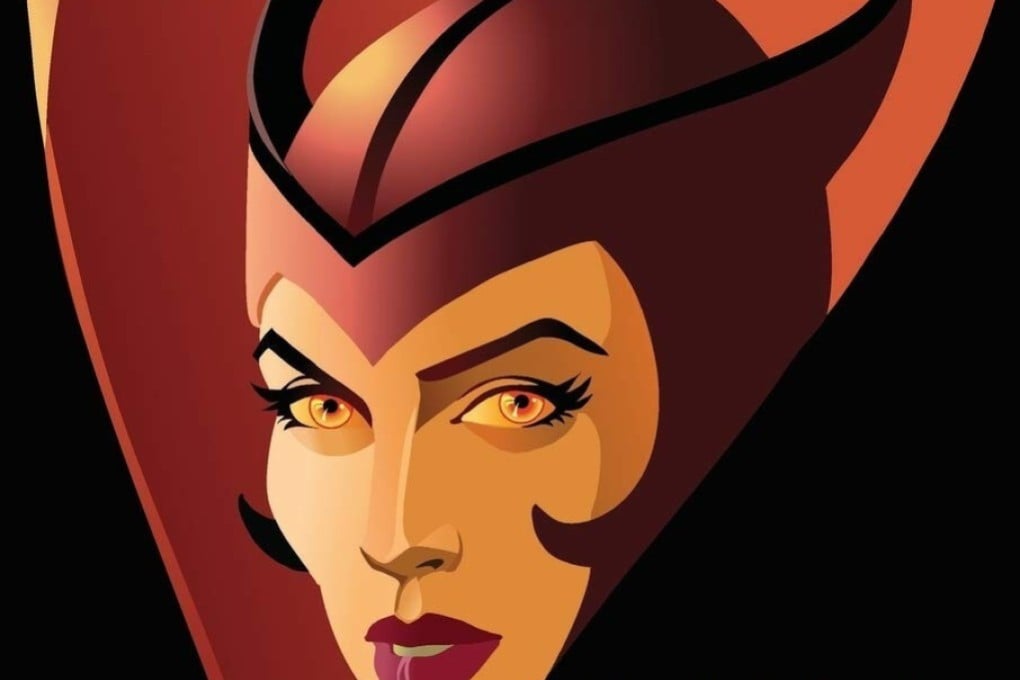Cinderella for the 21st century, and non-fictional takes on fairy tale tropes
The Charmed Wife by Olga Grushin, Claudia Schwabe’s Craving Supernatural Creatures, and Gender: A World History by Susan Kingsley Kent offer different takes on traditional tales

Fiction
The Charmed Wife by Olga Grushin, G.P. Putnam’ Sons
Countless versions of the Cinderella story exist to inculcate into little girls the possibility of happily-ever-after if they meet their Prince Charming. The ending, however, isn’t as simple in Olga Grushin’s telling. Not just about good and evil, the Russian-American author’s brilliant, 21st century take on the classic tale will enchant readers who have lived long enough to realise wedded bliss is not guaranteed even, or especially, for those who observe all the rules.
The Charmed Wife is, as Grushin has said, a “subversive exploration of fairy tales”, conceived while she was grappling with a difficult divorce. It’s also a feminist hurrah, raucously funny in parts and clever to a fault.
We meet a 35-year-old Cinderella, who, 13 years after her nuptials, is mother to two children. Hubby Roland, a philanderer and liar, runs a kingdom inherited from his father. We first meet him when a witch, who helps unhappy wives, casts a spell for Cinderella – but not to rekindle lost love. Her client prefers him dead. The cast includes a fairy godmother, stepsisters, all-seeing mice, and also lawyers and therapists, who bring the allegorical plot up to date.
While The Charmed Wife is a modern-day fairy tale, the book’s foundations are old. Grushin can join hands and take a bow with Alexander Afanasyev, Charles Perrault and the Brothers Grimm.

